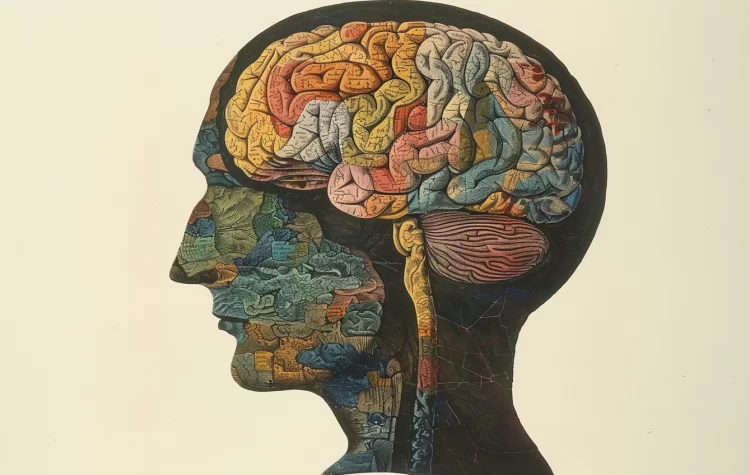The word “apathy” has its roots in the Greek language.
Etymology:
- “Apathy” derives from the Greek word “ἀπάθεια” (apatheia), which is formed by combining the prefix “ἀ-” (a-) meaning “without” and “πάθος” (pathos) meaning “feeling” or “suffering.”
- In Greek, “ἀπάθεια” (apatheia) literally translates to “without feeling” or “without suffering.”
Origin and Historical Context:
- In its original Greek context, “apatheia” referred to a state of being free from emotional disturbances or passions. It was a term used in Stoic philosophy to describe the ideal state of mind where a person remains undisturbed by the vicissitudes of fortune and remains calm in the face of life’s ups and downs.
- The Stoics, a school of Hellenistic philosophers, valued “apatheia” as an ethical ideal, signifying freedom from the distress caused by unnecessary desire or aversion.
Modern Usage:
- In contemporary usage, “apathy” has taken on a slightly different meaning. It generally refers to a lack of interest, enthusiasm, or concern. This modern interpretation emphasizes indifference rather than the philosophical ideal of emotional tranquility.
- The term is often used in psychology and everyday language to describe a state where an individual shows little or no emotion, motivation, or enthusiasm.
Thus, “apathy,” originating from Greek philosophical traditions, has evolved from its original context of emotional steadiness to a more general sense of indifference or lack of passion.



